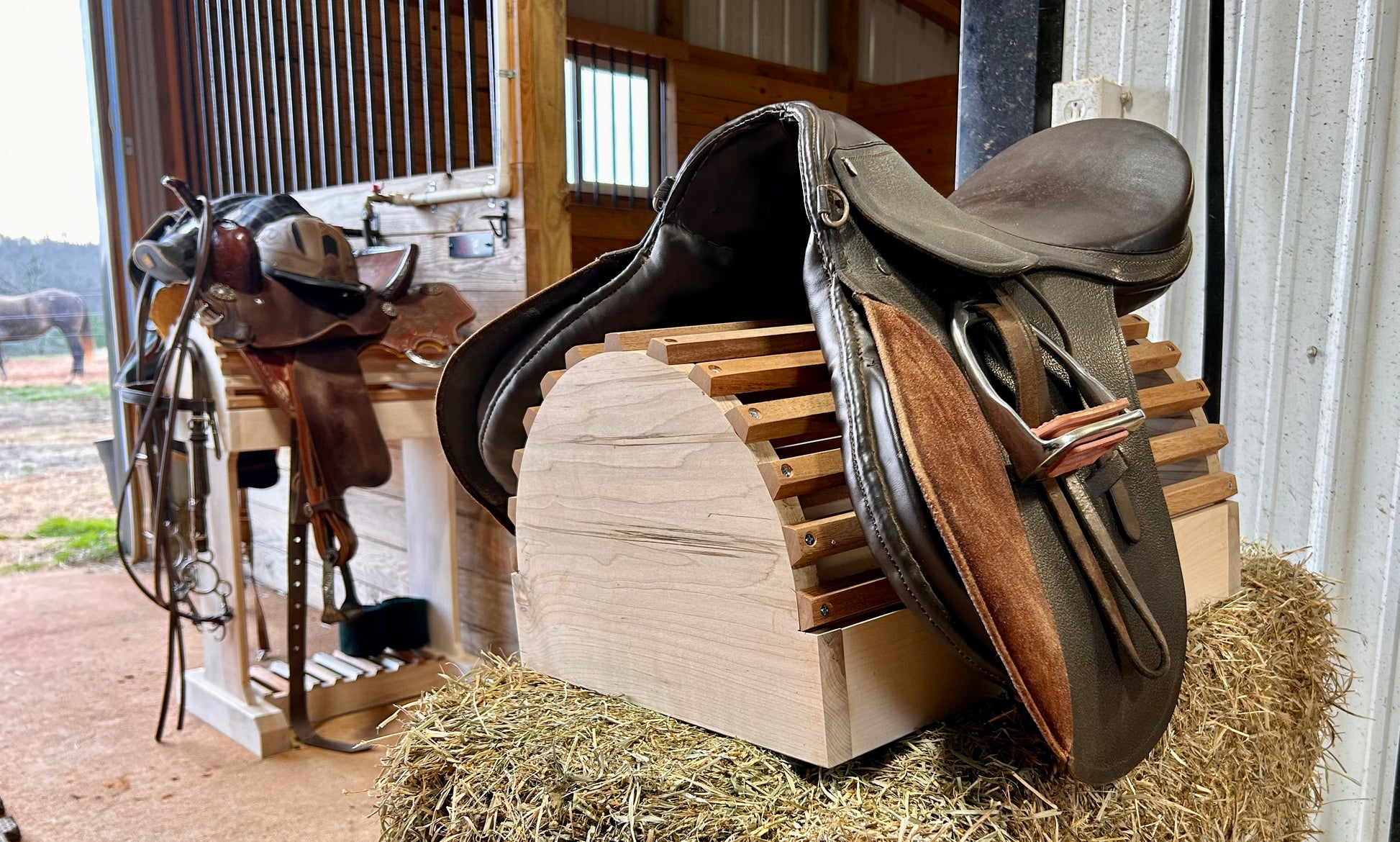
What Are Small Horse Breeds and Why Should You Care?
Share
If you are wondering what are small horse breeds, you're not alone! In recent years, there has been a growing interest in smaller horse breeds due to their unique characteristics and suitability as pets. For health-conscious pet owners, small horses can offer a delightful blend of companionship and manageability. Within this article, we will explore various small horse breeds, their histories, temperaments, and how they might fit into your lifestyle.
From stylish ponies to petite horses, small horse breeds are charming and often more manageable for individuals who may find larger horses overwhelming. Understanding these breeds will help you make informed decisions when considering a new equine companion. So, lets dive into the exciting world of small horse breeds!

Understanding Small Horse Breeds
Small horse breeds, often referred to as ponies, typically stand under 14.2 hands high (58 inches or 147 cm). While they may be smaller in stature, that does not diminish their beauty, intelligence, or ability to bond with humans. Breed characteristics can vary from one type to another, showcasing a rich array of colors, temperaments, and uses.
Health-conscious pet owners can benefit from knowing the specific needs and care requirements of these breeds. A good diet and regular exercise are essential, just like with any horse, but their smaller size often makes them easier to care for without sacrificing health and wellness.

Popular Small Horse Breeds
1. Shetland Pony
The Shetland Pony is one of the smallest horse breeds known for its strength and hardy nature. Originating from the Shetland Islands in Scotland, these ponies can weigh up to 1,000 pounds despite their short stature. They are affectionate and friendly, making them ideal companions for children or novice riders. Their dense, thick coats protect them from harsh weather conditions, although they require regular grooming to maintain coat health.
2. Miniature Horse
As the name suggests, Miniature Horses have become increasingly popular due to their manageable size and friendly nature. These horses stand less than 34 inches tall and come in various breeds and colors. While they serve mainly as pets or show horses, they can also be trained for light riding and driving. Miniatures require the same care as full-sized horses, including dental and hoof care, making them a great choice for health-conscious owners.
3. American Pony
The American Pony is a crossbreed that combines traits from different pony breeds, creating a versatile and reliable small horse. They typically range from 12 to 14.2 hands high, making them a great option for families looking for a safe, friendly pony. American Ponies require ample exercise and social interaction to thrive, aligning with the wellness goals of health-focused pet owners.

Benefits of Owning a Small Horse
Perfect for Therapy and Assistance Work
Small horse breeds often excel in therapy and assistance roles due to their gentle and accommodating temperaments. They are ideal for people undergoing physical therapy or emotional support. Their small size makes them less intimidating, and they are easier to handle, which is essential for health-conscious individuals focusing on therapeutic benefits.
Size and Space Considerations
Owning a small horse often requires less space than a full-sized horse. They do well in smaller pastures or even backyards, reducing land maintenance concerns. Suitable fencing, shelter, and safe space for wandering are crucial, but health-conscious pet owners often find small horse breeds easier to incorporate into their living spaces.
Feeding and Care Needs
Due to their smaller size, small horse breeds may have lower caloric needs compared to larger horses. This can make feeding more cost-effective. However, its important to maintain a balanced diet, including fiber-rich hay and quality grains. Keeping their nutrition in check is essential for their pigmented health, and owners should regularly consult with a veterinarian on dietary requirements.

Caring for Your Small Horse
Grooming
Regular grooming is essential to keep your small horse healthy. A good grooming routine not only maintains coat condition but also promotes bonding between the owner and the horse. Use brushes specifically made for horses and provide hoof trimming and cleaning every 6 to 8 weeks.
Exercise
Exercise is crucial for all horses, including small breeds. While they may not require the same level of intense physical activity as larger breeds, it's vital to provide them with opportunities to move and engage in their environment. Daily walks, grazing times, and play sessions will help sustain their health and happiness.
Common Questions
What health issues do small horse breeds face?
Some common health issues in small horse breeds include obesity, laminitis, and dental problems. Owners should regularly check their horses for signs of these conditions and consult a vet for preventive care.
How do I choose the right small horse breed for my family?
Choosing the right small horse breed depends on your experience level, the horse's temperament, and your family's needs and lifestyle. Consider factors such as the horse's age, training level, and overall health.
Are small horses suitable for children?
Yes! Many small horse breeds are exceptionally patient and gentle, making them great companions for children. Just ensure that they are appropriately trained and supervised while interacting.
To gain more insight, you might find these posts helpful: Horse Breeds with Feathers, Shire Horse Breeds, and Horse Breeds Overview.
Conclusion
Understanding what are small horse breeds can significantly benefit health-conscious pet owners, particularly those looking for companionship without overwhelming challenges. These breeds offer charm, versatility, and ease of care, perfect for nurturing a healthy relationship between owner and horse. Remember always to prioritize their wellbeing through appropriate diet, exercise, and medical care. With proper attention and affection, small horse breeds can bring joy and adventure to your life.
As an Amazon Associate, I earn from qualifying purchases.
